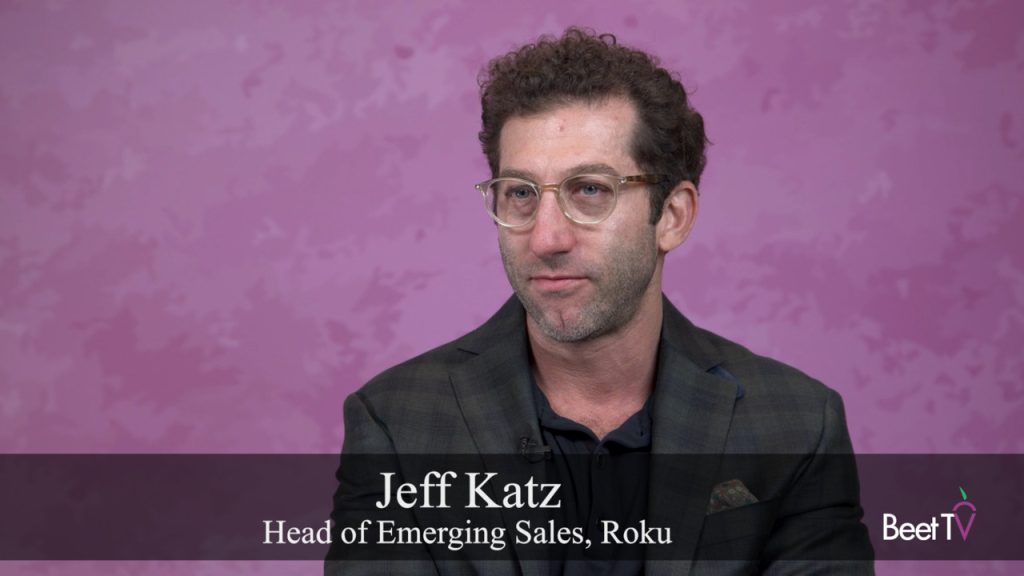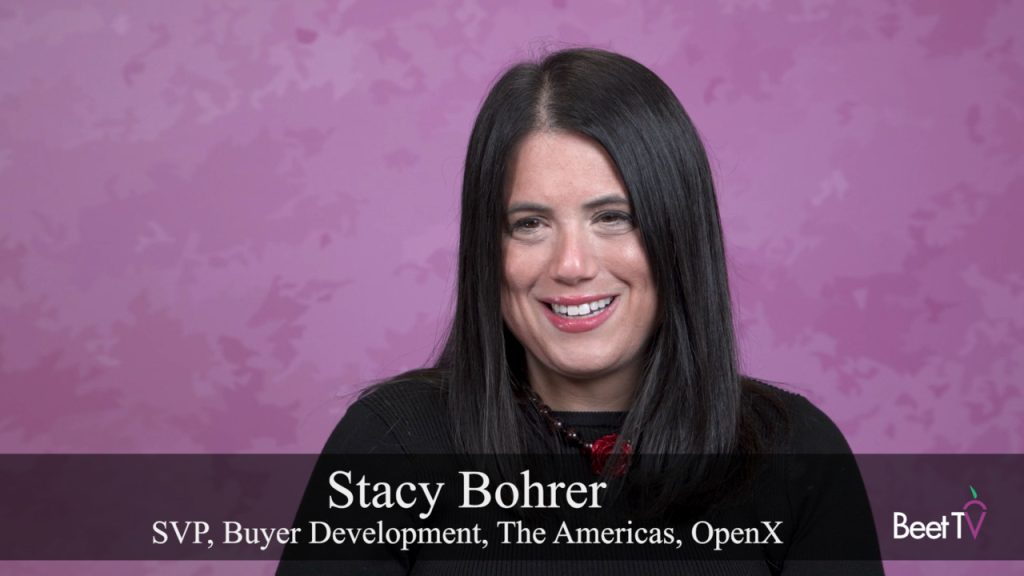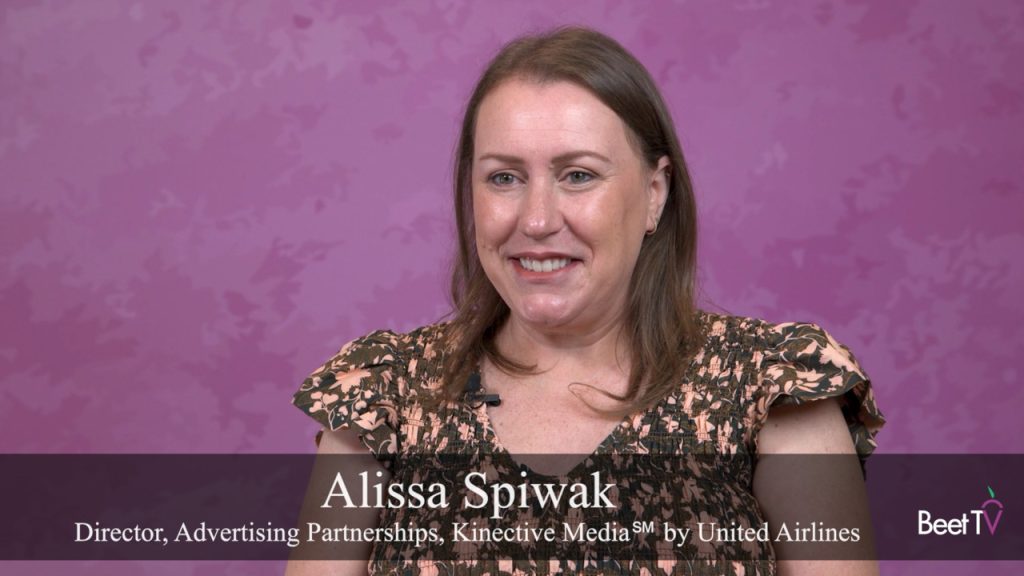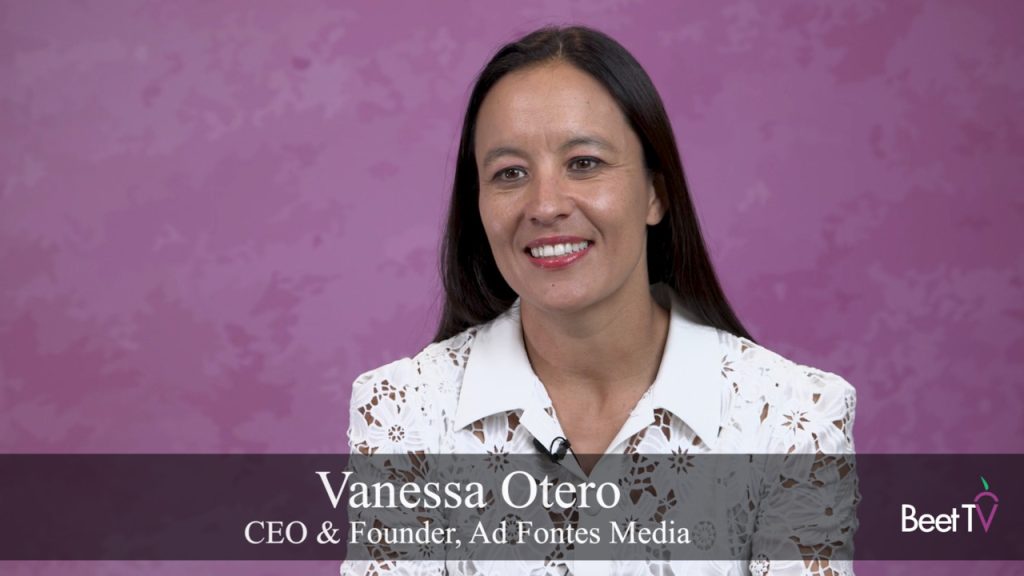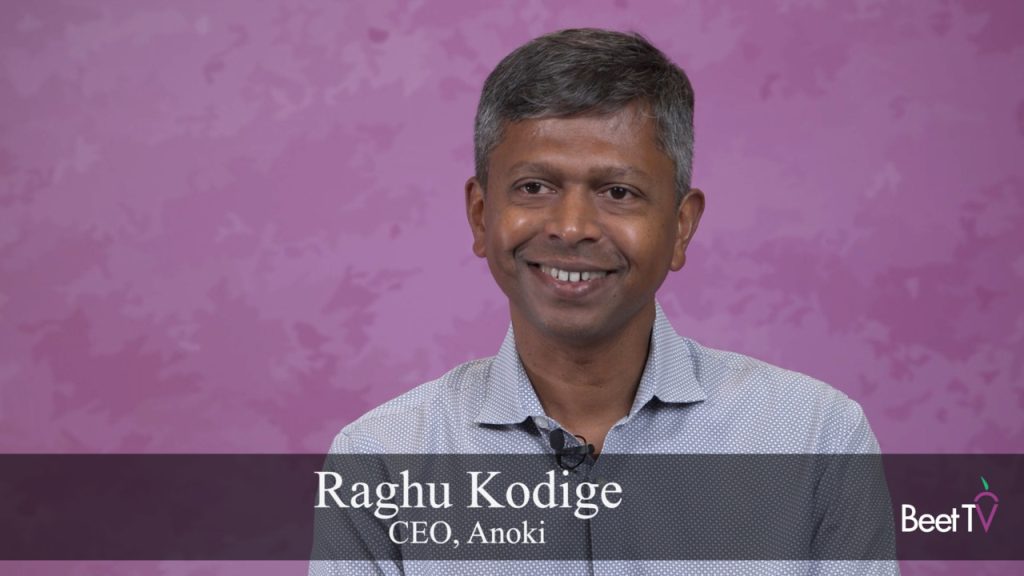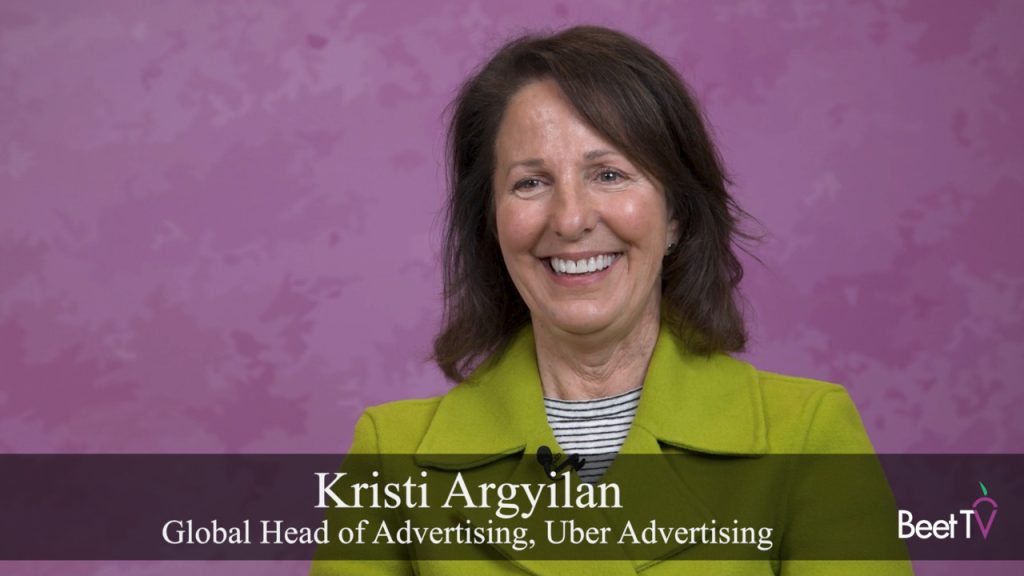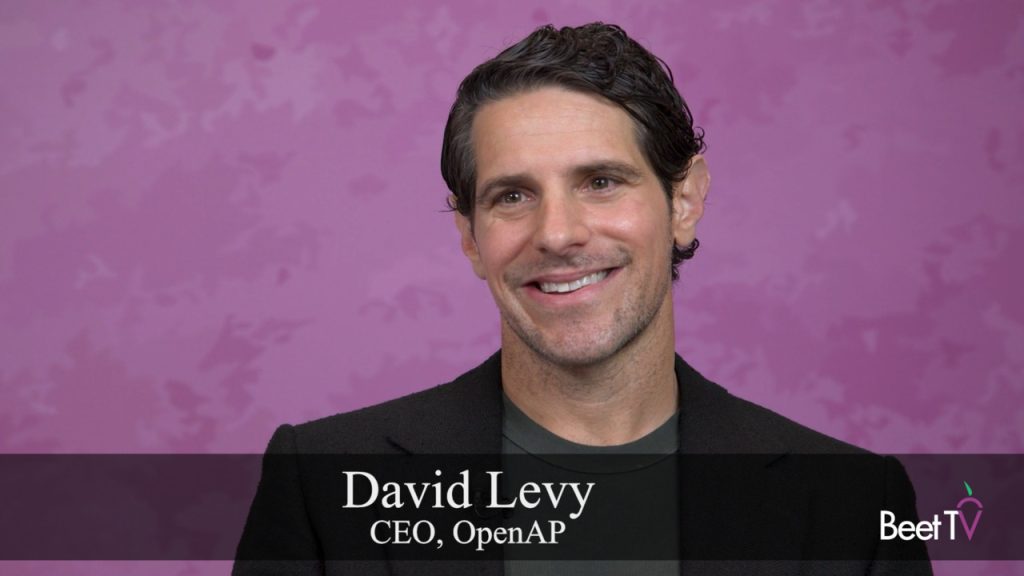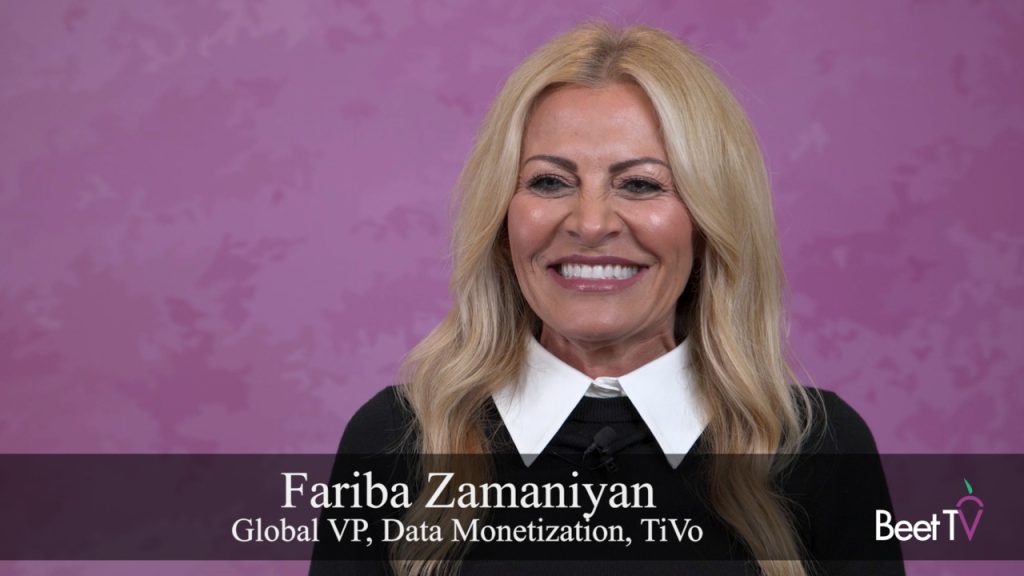It is the digital ad-selling software process that has done so much to bolster the revenue earned by publishers. Now “header bidding” is making in-roads to connected TV.
In recent years, display advertising has been revolutionized by the technique, which sees ad auction systems able to entertain bids from multiple demand sources simultaneously, thereby increasing publishers’ yield.
But header bidding has been slower to arrive in video thanks to issues like latency and vendor compatibility.
A growing number of vendors has found a way to offer the technology in video environments. And now they are even overcoming the challenges to rolling it out to connected TV.
Head of steam building
“Header bidding will allow hundreds of advertisers to compete for the same ad slot inside an ad pod. You need to make good decisions within seconds. The waterfall won’t work.” More from our Jeff Lee on future proofing the advanced TV ecosystem: https://t.co/Lb9zYI6CmL
— PubMatic (@PubMatic) July 15, 2020
“Traditionally, the OTT inventory has been very segmented,” says Mike Chowla, senior director of product management at PubMatic.
“You’ve got different providers, it’s in a waterfall (ad bidding sequence). And, if you’re trying to find your audience, that can make it difficult.
“Header bidding on the web opened it up to make it much easier for buyers to find that their audience and it’s going to do the same thing on OTT.”
PubMatic is an ad-tech vendor that just released OpenWrap OTT, its header bidding solution for over-the-top TV services.
Enabling agility
Based off the Prebid open-source header bidding technology that has been so popular in recent years, OpenWrap OTT is a new attempt to inject programmatic, real-time, digital ad auctions into a TV world that, historically, has preferred manual, upfront deals.
In recent weeks, we have many TV ad buyers pivot away from upfront commitments, preferring agile strategies, after the COVID-19 pandemic reduced businesses’ marketing visibility.
Some feel programmatic ad selling could give them that agility, whilst header bidding could help publishers, which have suffered large-scale ad rate drop-offs, maximize their revenue.
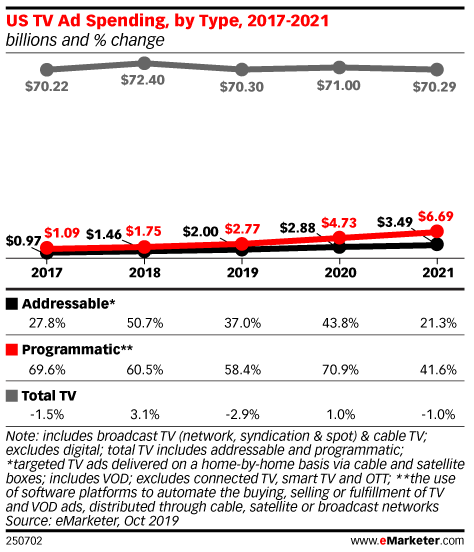
EMarketer in November estimated programmatic TV ad spending will reach $6.69 billion in the US by 2021, more than doubling from $2.77 billion.
That makes it a still-small but fast-growing part of the overall TV ad spending pie.
Fitting to TV
“Header bidding sees all the inventory and that inventory goes to DSPs and those DSPs get that opportunity to bid on it,” adds Chowla.
“If they need a particular audience, then they figure out what bid price they need to get it. That really wasn’t possible before because they might not be able to see the inventory since it’s getting waterfalled and going through different supply paths.”
Chowla concedes that bringing header bidding to television was not easy. Just as the technology required changes and workarounds to fit digital video, it needed a fresh approach in arriving on TV.
“It’s (about) giving you that TV-like experience,” he says. “There’s certain expectations that publishers in that space have that you’re able to do things like competitive separation and build ad pods that give that commercial break experience.”
Kidoodle.TV, Limpid, Glewed TV, IPG and MediaMath have signed up to use OpenWrap OTT.
This is from a Beet.TV series titled “The Accelerated Evolution of Programmatic OTT” presented by PubMatic. for more videos please visit this page.






















